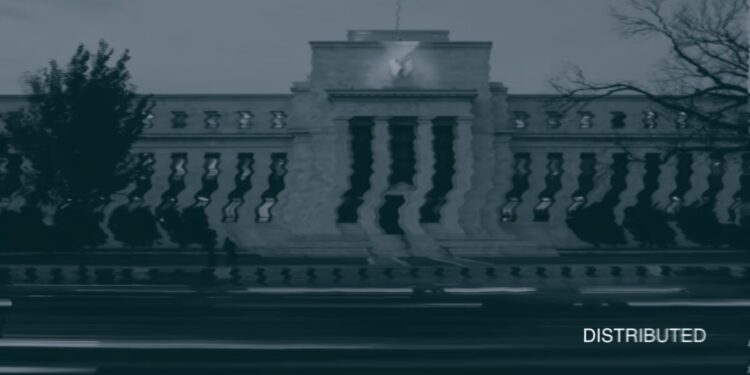The Federal Reserve is contemplating a significant overhaul of its annual bank stress testing framework, marking a potential victory for Wall Street institutions that have long pushed for greater transparency in the process. According to Reuters, the proposed changes could give banks unprecedented input into the testing models that determine their capital requirements.
The planned reforms come as the central bank grapples with recent legal developments that have challenged federal regulatory authority, particularly the Supreme Court’s landmark decision in June that overturned the long-standing Chevron doctrine of regulatory deference.
Among the most notable changes under consideration, the Fed may allow banks to provide feedback on both the testing models and hypothetical scenarios used in these annual health checks. Additionally, the regulator is exploring the possibility of averaging results over two years to reduce volatility in capital requirements.
These stress tests, introduced in the aftermath of the 2007-2009 financial crisis, serve as a cornerstone of the U.S. banking regulatory framework. They evaluate major financial institutions’ ability to withstand economic shocks and determine how much capital banks must maintain as a safety buffer.
See Related: Fed Unveils New Capital Requirements For Big Banks, Eases Pressure On Goldman Sachs
Modifications And Capital Requirements
While the Federal Reserve maintained that these modifications do not alter overall capital requirements, the timing aligns with increased industry pressure for regulatory reform. Throughout the year, major financial institutions and trade associations have actively engaged with the central bank to advocate for greater stress test transparency.
This push for reform coincides with the banking industry’s broader efforts to influence the Basel Endgame capital regulations. In an unprecedented move, several Wall Street institutions have suggested the possibility of legal action against federal regulators over the proposed capital rules.
The Bank Policy Institute, a leading industry advocacy group and frequent critic of the current testing regime characterized the Fed’s announcement as an initial step toward greater transparency and accountability in the regulatory process.
The proposed changes could represent a significant shift in the relationship between banks and their regulators. With financial institutions becoming increasingly emboldened to challenge regulatory authority through legal channels, particularly in conservative-leaning courts, this move by the Fed may signal a new era of regulatory approach.
Looking ahead, these developments could lead to a more collaborative dialogue between banks and regulators, fostering better understanding and communication between both parties.
The potential reduction in capital requirement volatility would provide banks with more stable financial planning capabilities, while enhanced predictability in stress testing outcomes could lead to more efficient capital management strategies. Additionally, increased scrutiny of regulatory methodologies may result in more refined and transparent assessment processes, ultimately strengthening the overall financial system’s resilience while maintaining necessary oversight standards.



